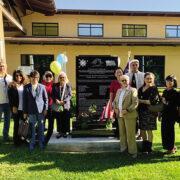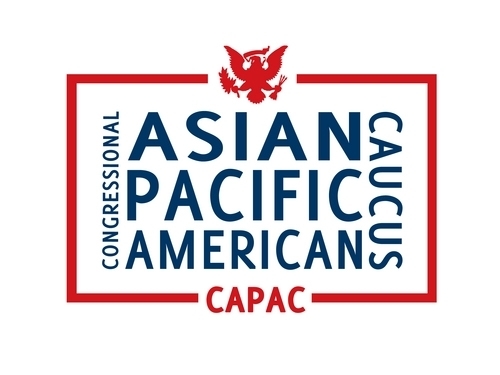LOS ANGELES – Asian American lawmakers in the US House of Representatives appealed to House Republicans on Tuesday to join them in enacting comprehensive immigration reform into law.
On Tuesday, April 29, members of the Congressional Asian Pacific American Caucus (CAPAC) hosted a press call urging House Republican leadership to act on legislative proposals for comprehensive immigration reform.
At the teleconference, CAPAC lawmakers highlighted the benefits of reform for the Asian American and Pacific Islander (AAPI) community, and discussed what inaction may cost the United States.
CAPAC Chair Rep. Judy Chu (CA-27) called on the 30 Republicans in Congress to meet their Democrat colleagues halfway and take action on sensible immigration reform by signing the discharge petition for HR 15, or the proposed comprehensive immigration reform legislation she introduced in October 2013.
A discharge petition is a means for a legislative body, commonly the US House of Representatives, to bring a bill out of committee and into the plenary floor for consideration, without needing a report from the committee.
This is usually done without the cooperation of committee leadership by “discharging” the committee from further consideration of a bill or resolution.
Chu said that once the petition is completed, HR 15 will automatically be brought up to the floor for a vote. She said that as of Tuesday, 191 Democrats have already signed onto the petition.
However, the remaining 30 lawmakers (all Republicans) were adamant about not signing the petition.
“It’s time for those 30 Republicans to stop talking and start acting, by signing the discharge petition. We just can’t afford to continue kicking the can down the road on this issue,” Chu said.
With 79 percent of Americans expressing support for comprehensive immigration reform, Chu said that Americans can’t wait any longer to reunite with their loved from abroad. With over 600 business and religious leaders having already called on House Republicans to take immediate action, Chu said that Congress “can’t continue to ignore the will of the American People.”
“I urge Republican leadership to put politics aside and join us in fixing our broken immigration system once and for all,” Chu said.
Keeping the family together
Chu was joined at the teleconference by her fellow CAPAC colleagues, CAPAC Immigration Task force Co-Chair Rep. Mike Honda (CA17), Rep. Grace Meng (NY-06), and Rep. Tammy Duckworth (IL-08).
For his part, Honda emphasized their bloc’s opposition to deportations across the nation.
Honda said that comprehensive immigration reform is a top priority for CAPAC and the diverse constituencies they represent. He added that that keeping families together is a cornerstone of their immigration policy, and that family immigration matters are key issues for the AAPI community.
“This is why deportations have a significant impact on Asian American and Pacific Islander families in our country,” Honda said.
He said that reforming the Department of Homeland Security (DHS), particularly the enforcement of practices and policies, is an important priority for the community.
“Flawed enforcement of practices and policies have separated millions of immigrant families. Young people in the Asian American Pacific Islander community are vulnerable to deportation and family separation,” Honda said.
Honda cited ethnic and cultural disparities as a contributing factor to the low turnout among Asians in the Deferred Action for Childhood Arrivals (DACA) proceedings (2.6 percent of all applicants).
He said that because of various cultural factors, Asians are less visible and less likely to come forward with their immigration status; thereby becoming less likely to trust the DACA process due to fears of family deportation once information is submitted to the DHS.
Honda also deplored the backlog in the family visa applications, which devastates families with long waiting periods before they can finally reunite.
As of November 2013, as many as 4.2 million individuals are waiting in the family visa backlogs. While AAPIs make up only 6 percent of the total US population, 40 percent of the 4.2 million caught up in visa backlogs are from Asian countries.
Some Asian immigrants have to wait decades before they can see their family in the US.
For example, Chinese and Asian Indian immigrants have to wait for an average of 12 years. For Filipinos, the waiting time is over 23 years on average.
Needless to say, the cooperation of Republicans in the discharge petition would move the debate on comprehensive immigration reform forward.
(www.asianjournal.com)
(LA Weekend May 3-6, 2014 Sec A pg.1)





